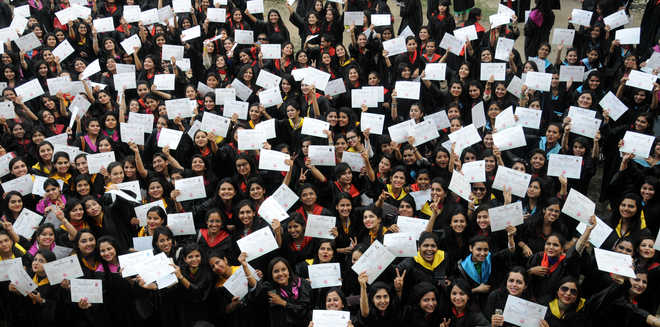
The number of colleges and universities in the northern region has surged in the past decade. With several private universities as well as professional colleges also entering the fray, the quality of education being imparted is the key concern for parents and students alike. Given this backdrop, referring to the accreditation and ranking of an institution has become the obvious criterion for making the final choice. Agencies like National Board of Accreditation (for technical courses), National Assessment Council (for non-professional courses), Medical Council of India (for medical courses), Accreditation Board (for agricultural), etc. are statutory bodies established by the Union government for maintaining the quality of higher education in respective disciplines. These bodies conduct regular review of institutions/courses and grant accreditation, a measure of the quality.
Apart from this, each year, national-level rankings are issued by several media organisations and agencies. However, institutions in several non-metropolitan cities figure nowhere in these lists, even though these remain the main choice for a large percentage of students. Though Panjab University, Chandigarh, was ranked as the country’s top most university by Times Higher Education World University Rankings 2014-2015, the perception about other institutions in the region is not good. The region has some of the oldest colleges in the country but there is little awareness about these beyond the city boundaries.
The Tribune Guide to Best Colleges is an effort to disseminate information to the students and parents about the courses and career options that are available in their respective cities. The institutions featured in the issue were selected on the basis of certain tangible and intangible parameters, including infrastructure, faculty qualification, industry tie-ups, student care, quality of academic input, publications, placement data, global exposure, etc.
The methodology involved 40 per cent perception score (in-depth inputs from academic experts from the region) and 60 per cent objective score (factual data provided by the institutions). It is indicative and aims to guide the students’ quest, while encouraging them to carry out further research on selected institutions.



























